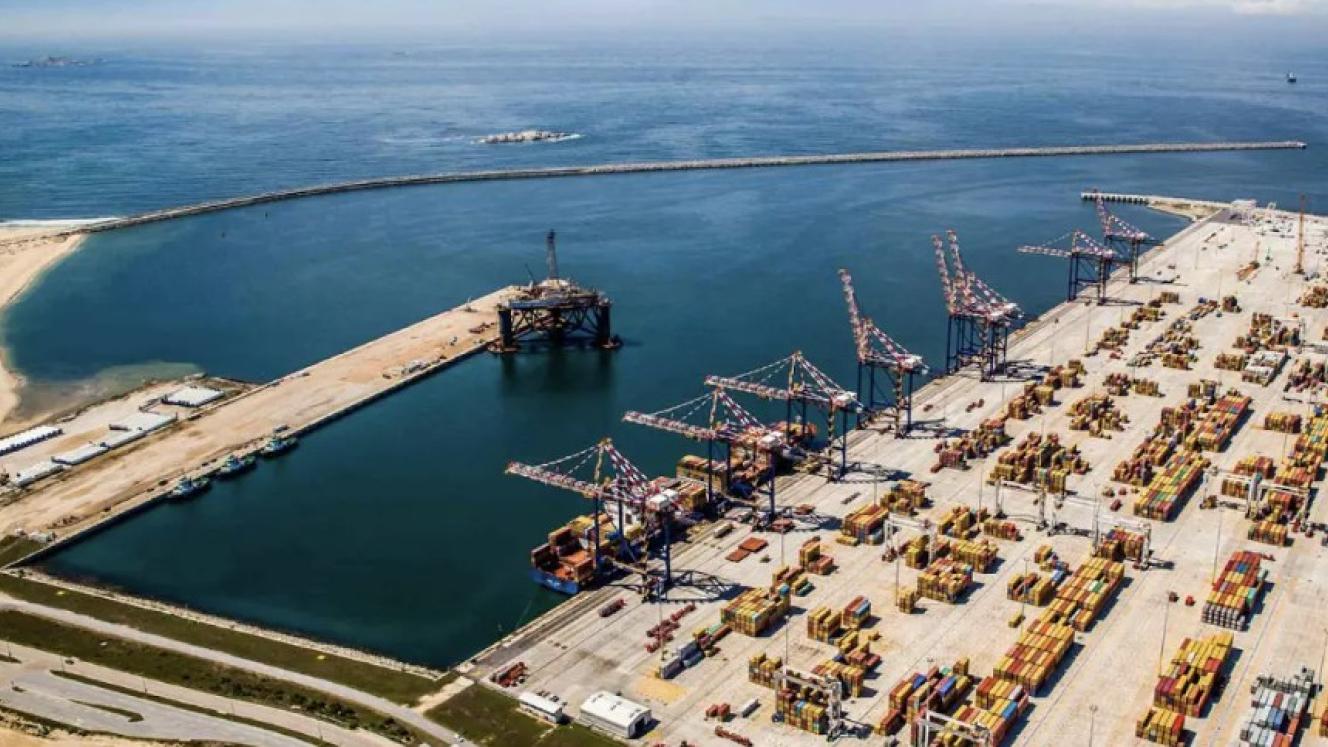The Absa Purchasing Managers’ Index (PMI) has continued its downbeat note with a poor start to the fourth quarter. This, despite the easing of load shedding that should have led to an improvement in activity.
On Wednesday, economists at the Bureau for Economic Research noted that the Absa PMI’s business activity index “performed even worse” in October after “losing plenty of ground” in September.
The Absa PMI headline index dropped further – to 45.4 index points in October – from an upwardly revised 46.21 during September. In terms of the major subindices of the headline PMI, the biggest drag came from the seasonally adjusted business activity index, which declined by a further 2.8 points to 40.3.
“Given that the frequency and intensity of load shedding eased notably in October, the weak performance from the activity index is perplexing,” said the economists.
“Because the ability to produce presumably improved as the frequency and intensity of load shedding eased, the weak activity reading most likely reflects continued strained demand conditions in South Africa. The pressure on household finances and soft mining output may be among the key reasons why the demand for locally produced manufactured goods is faltering.
“It (demand) is now back to the July 2023 level, when prolonged disruptions on the N3 transport corridor most likely resulted in a (temporary) shortage of inputs. These transport issues contributed to weak manufacturing output.”
Economists said it was not clear why activity declined further in October. However, this corresponded with sustained weak readings on demand as the PMI new sales orders index remained below 40 index points for the second consecutive month.
“With the PMI export index performing better in October, the sustained weaker level for new sales orders largely reflects weak domestic demand for manufactured goods,” said the economists.
“On the consumer front, elevated relative (food and fuel) prices, as well as restrictive borrowing costs, are depressing the demand for local manufactured goods. Regarding industrial demand, constrained mining output amid soft coal and platinum group metal prices, as well as failing railway and port efficiencies, may help to explain the lacklustre PMI production indicator.”
Looking ahead, expectations of purchasing managers deteriorated sharply in October. The index measuring expected business conditions in six months dropped more than 12 points to 43.4.
“With key units of the Kusile power station resuming operations earlier than expected, and … reduced load shedding in October, adverse global events seem to have driven the poor expectations reading,” added the economists.
“Besides poor activity data in the Eurozone and the UK – both major South African export markets – one can add the outbreak of war between Israel and Hamas in October. The expectations reading also declined sharply in February 2022, when Russia invaded Ukraine.”













